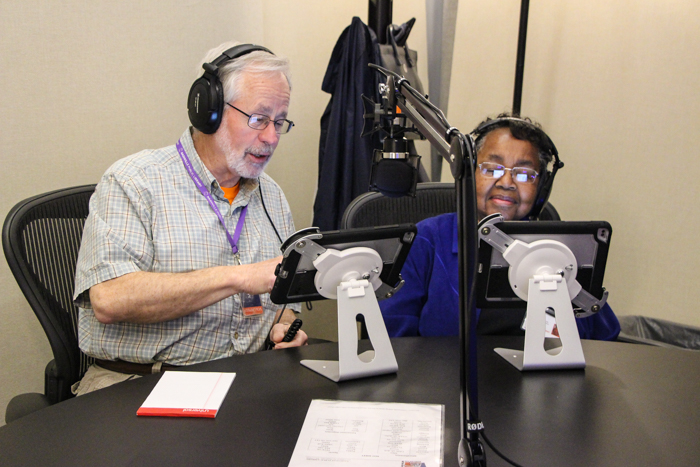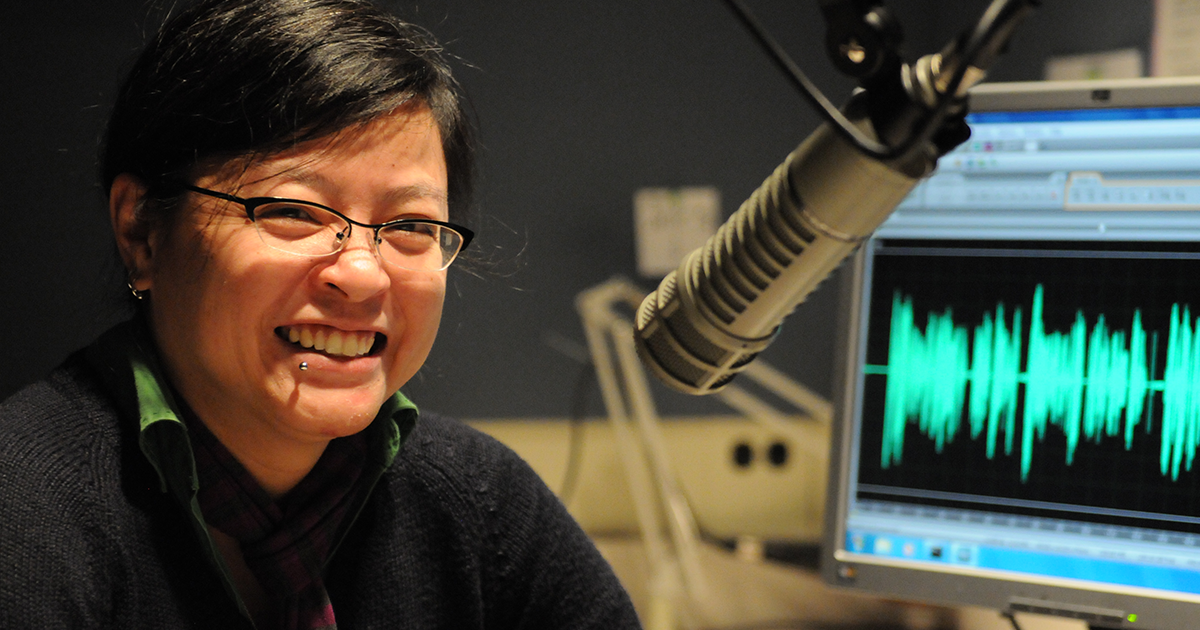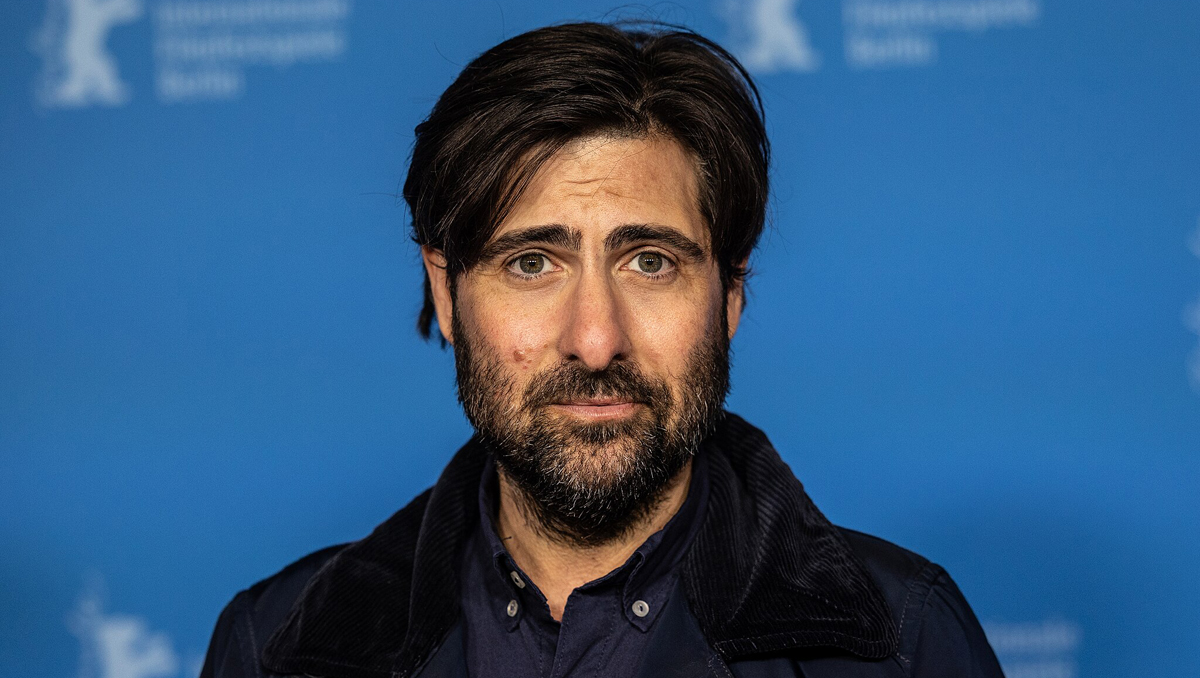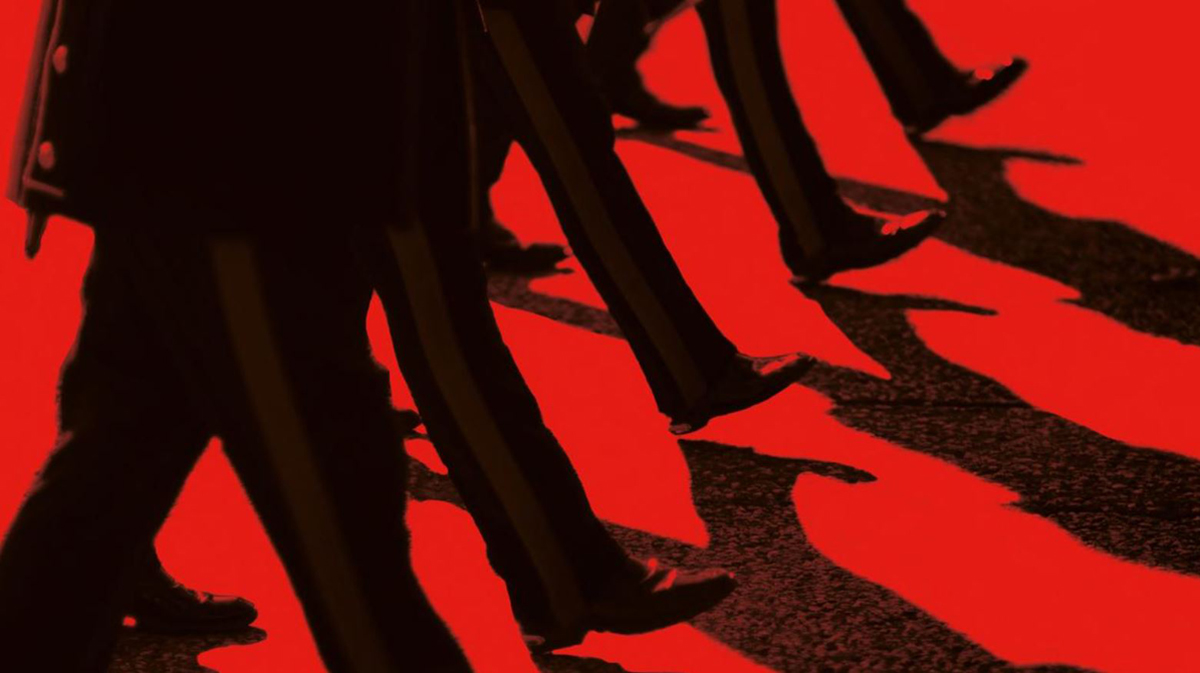Reading is a powerful way to access information, entertainment, and education, but for some people with disabilities, traditional print books can be difficult or even impossible to use. That’s why libraries across the country are working to make literature and news accessible for people who cannot see or handle traditional books or magazines.
In the 1930s, Congress established the Library of Congress’s National Library Service for the Blind and Print Disabled (NLS) to provide free accessible reading materials to Americans with low vision. Over the years, the program has expanded to offer new technologies like refreshable braille displays, as well as broadening its eligibility requirements to include people who aren’t blind but have other disabilities that make it challenging to read print.
Materials circulate through a network of regional libraries and outreach centers that serve all 50 states, the District of Columbia, Puerto Rico, the U.S. Virgin Islands, and Guam. Thanks to a special provision of national copyright law, these libraries are able to share extensive collections of popular books and magazines in audio, braille, and ebraille format. The NLS program also provides readers with free playback devices called talking books, which play audiobooks aloud.
The NLS library includes Washington Talking Book & Braille Library (WTBBL), which loans accessible books from all genres to people with disabilities across Washington state. They also supplement the national NLS collection by producing their own braille and audio versions of books about the Pacific Northwest or written by local authors; volunteer readers help record the audiobooks in-house. WTBBL also keeps the statewide community engaged through technology trainings, book clubs, author talks, and poetry contests.
“Libraries are community centers. They are places of opportunity and unfettered access to information, and they are critical to our way of life,” WTBBL director Danielle Miller told I Love Libraries. “However, people who cannot read print, or get to the library, or don’t have a computer face significant barriers to accessing information and reading materials.”

Nashville Talking Library volunteers Mark Campbell and Bonnie Dobbins, pictured in one of NPL’s recording studios. Photo courtesy of Nashville Public Library.
In addition to the nationally available materials from the NLS, many Americans with disabilities also have access to audio information services offered through universities and libraries. Nashville Public Library (NPL), for example, administers the Nashville Talking Library, which provides 24/7 audio content to Middle Tennessee residents with reading disabilities. They can tune in via a special radio receiver, streaming, or telephone to hear a mix of magazines, newspapers, and books read aloud by volunteers.
Each morning, listeners can enjoy an audio version of that day’s Tennessean, Nashville’s daily paper. As the day goes on, they’ll hear magazine articles and segments from books, usually recent bestsellers or titles relating to Tennessee; books are read one hour at a time, airing every weekday until they’re finished. Volunteers produce the content in NPL’s recording studios-the group is a diverse mix of retirees, younger people, and former or aspiring voice actors.
Michael Wagner, Nashville Talking Library program specialist, credits these volunteers with helping make the initiative possible. “They’re some of the nicest, most dedicated people. [Working with them] is like a dream job,” he told I Love Libraries. The Nashville community played a particularly key role in keeping the Nashville Talking Library running during the early stages of the COVID-19 pandemic, when NPL was closed even to staff and volunteers: Music City residents with in-home recording studios stepped up to produce audio content while the library facilities were inaccessible.
Sandy Cohen, NPL’s equal access manager, says her favorite thing about the Nashville Talking Library is “making libraries more accessible to the population of people with disabilities.” Staff have also loved seeing the talking library bring the community together. Once, a listener was visiting the Tennessee State Capitol and heard a familiar voice nearby; as it turned out, a Nashville Talking Library volunteer happened to be in the same tour group. The listener was thrilled to meet a volunteer they’d heard read countless hours of books and articles and to have the chance to say thank you in person.
The Washington Talking Book & Braille Library has been similarly transformative for patrons, Danielle Miller shared. “Nearly every day patrons and their families tell us how vital our services are to them,” she said. “One of my favorite notes I’ve ever received was from a senior patron who said that when she lost her sight and could no longer read, she felt like she was starving, but when she found our service and our audiobooks, it was like suddenly being at a buffet.”
For more inspiring stories like this one, subscribe to the I Love Libraries newsletter.




